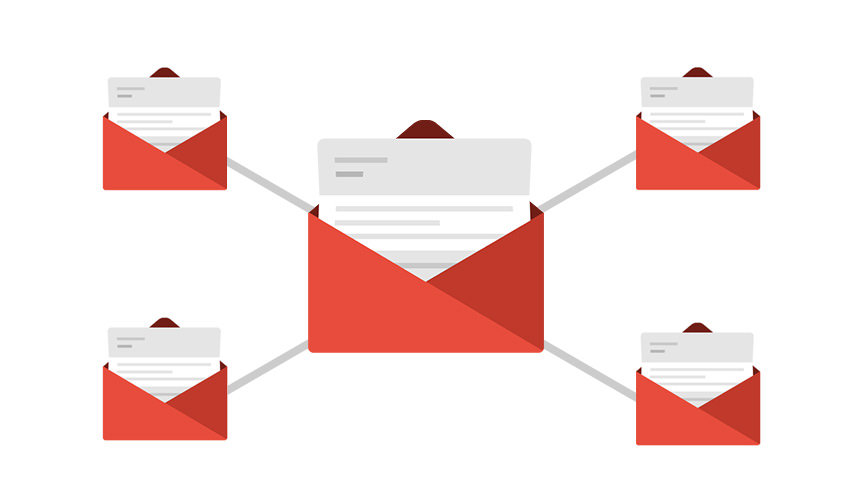 SECURITY
SECURITY
 SECURITY
SECURITY
 SECURITY
SECURITY
Google LLC is beefing up Gmail’s anti-spam capabilities with new protections, powered by its machine learning software framework TensorFlow, that are designed to complement its existing algorithms.
In a blog post today, Neil Kumaran, a product manager for Google’s Counter Abuse Technology department, describes how the company’s current efforts already can block more than 99.99 percent of all spam, phishing attacks and malware from reaching user’s Gmail inboxes.
These measures include machine learning algorithms and rules-based protections that work to identify patterns in large data sets that may not be identified by the humans that create them,” Kumaran explained
“ML-based protections help us make granular decisions based on many different factors,” he wrote. “Just because some of an email’s characteristics match up to those commonly considered ‘spammy’ doesn’t necessarily mean it’s spam. ML allows us to look at all of these signals together to make a determination.”
But that 99.9 percent success isn’t good enough for Google, which is why it has designed new protections for Gmail powered by TensorFlow. The company said that with the new protections, it can block an additional 100 million spam messages every single day.
“Given we’re already blocking the majority of spammy emails in Gmail, blocking millions more with precision is a feat,” Kumaran said.
TensorFlow’s advantage is that it allows Gmail’s team to refine its existing machine learning algorithms so they’re even more accurate at detecting spam. It helps accelerate the speed at which these algorithms can be built. In turn, that enables them to be trained quickly and easily using different models in parallel to find the most effective approach to combating spam.
With TensorFlow, Google can also better personalize its spam protections for each user. After all, what one person considers spam might be considered important by another user, Kumaran said.
“All in all, these benefits allow us to scale our ML efforts, requiring fewer engineers to run more experiments and protect users more effectively,” Kumaran said.
No doubt most Gmail users will welcome any efforts to eliminate spam, but analyst Holger Mueller of Constellation Research Inc. told SiliconANGLE that Google’s real aim was to highlight the ways in which TensorFlow can be used to enhance enterprise’s machine learning efforts.
“Machine learning one of the most promising technologies powering next generation applications and among the various machine learning frameworks, TensorFlow is one of the most successful and popular,” Mueller said. “But CxOs want to see proof points before adopting technologies, so that’s why Google is showcasing its internal uptake of TensorFlow for fighting spam.”
The new protection measures for Gmail have already been implemented.
Support our mission to keep content open and free by engaging with theCUBE community. Join theCUBE’s Alumni Trust Network, where technology leaders connect, share intelligence and create opportunities.
Founded by tech visionaries John Furrier and Dave Vellante, SiliconANGLE Media has built a dynamic ecosystem of industry-leading digital media brands that reach 15+ million elite tech professionals. Our new proprietary theCUBE AI Video Cloud is breaking ground in audience interaction, leveraging theCUBEai.com neural network to help technology companies make data-driven decisions and stay at the forefront of industry conversations.